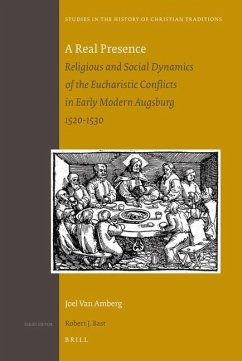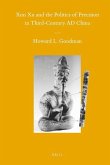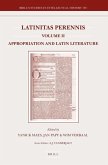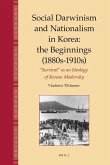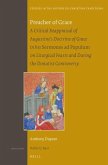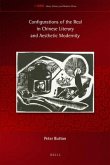This book explores conflicts in Augsburg, Germany during the first decade of the Protestant Reformation over the meaning and celebration of the Eucharist. Seeking to account for the strong appeal among the population of a symbolic interpretation of the Eucharist, it situates the theological debate in the context of conflict between guild members and the leading citizens in the city council over perceived growing political authoritarianism and the political future of the city, and between artisans and powerful merchant elites over changing economic realities of the early-modern economy. The author argues that the adoption of a symbolic interpretation of the Eucharist formed part of a broader anti-mediational ideology that its supporters applied in the realms of politics, economics, and religion.
Hinweis: Dieser Artikel kann nur an eine deutsche Lieferadresse ausgeliefert werden.
Hinweis: Dieser Artikel kann nur an eine deutsche Lieferadresse ausgeliefert werden.

